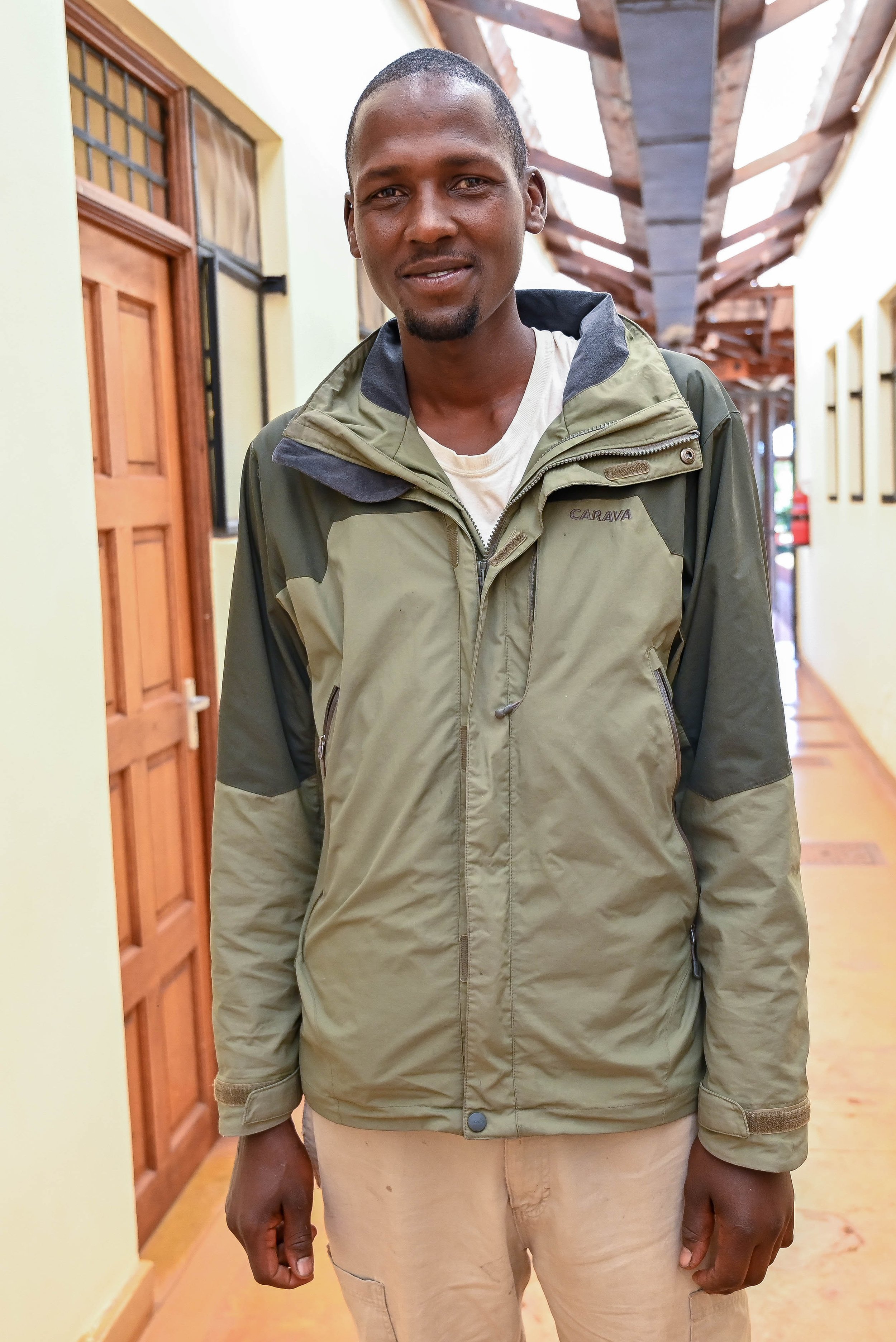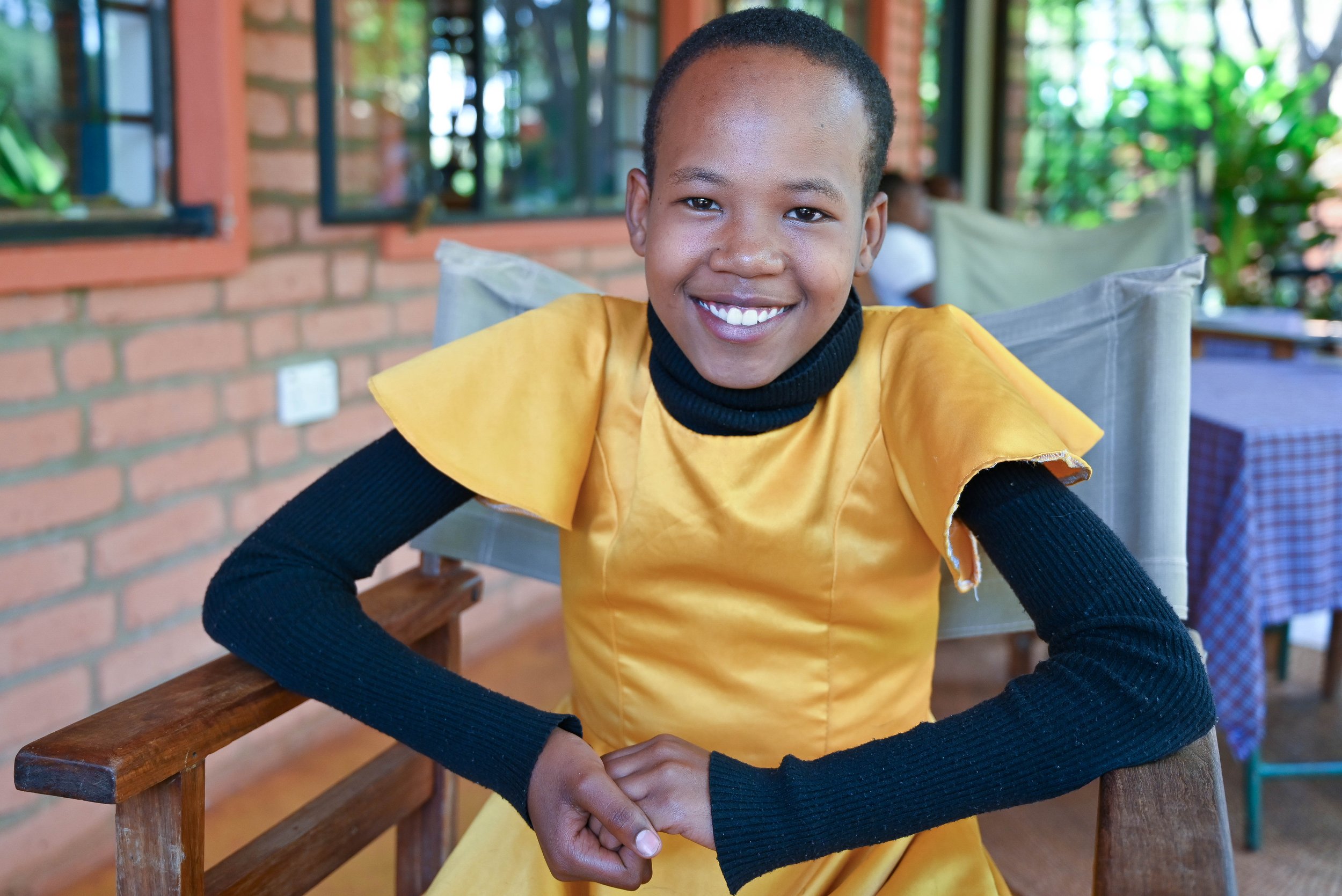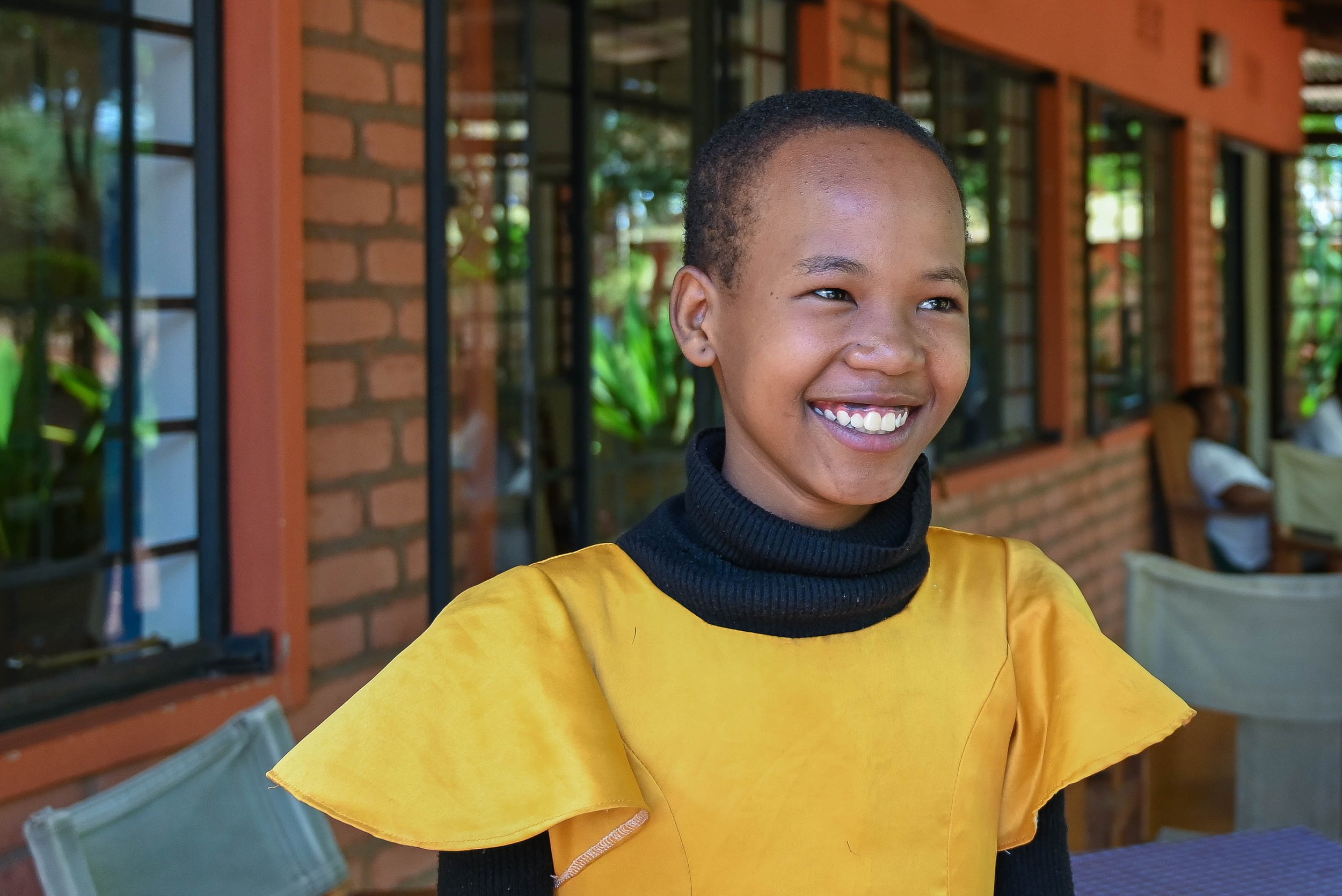Monica's Baby
Monica's little one in an earlier snapshot
Monica's little one today!
Monica's daughter was born prematurely at 27 weeks in a different hospital. After being initially placed in an incubator, she was later asked to remain in the ward with the baby due to the high demand for the incubator. After 17 days, her daughter had lost weight, appeared unwell and experienced breathing difficulties. Seeking more care, Monica brought her to FAME, where she was admitted at 2.2 lbs.
“Baby now weighs 13 lbs! Looking at her, I can’t believe how far she’s come since birth. We spent 40 days at FAME’s Special Care Nursery and when I tell you the medical team fought for this baby, I mean it. There were moments when I just gave up hope, but the nurses never did and that’s why she’s alive today. Every time I bring her for vaccinations, we have to come and say hello to the wonderful nurses who kept her alive.”
“Being a premature baby, I feel I have to take care of her on my own; I can’t ask someone else to do it. So, I haven’t been able to return to work. Thankfully, my husband took on a second job to support us and our three older children. I still turn to FAME for support, calling to check if the unusual things my baby does are normal or because she was born prematurely.”
Joyce's Baby
Joyce’s baby before
Joyce’s baby today!
Joyce gave birth to her baby at FAME at 28 weeks, weighing only 1.7 lbs. Although this was her third child, everything felt new to her because her two previous children were born full-term.
“Every time anyone asks me just how challenging it is to raise a premature baby, I tell them not very challenging as the FAME team did all the hard work! When I took her home after two months, she finally looked like a normal baby! FAME prepared me well for taking care of her and what to expect. She’s now thriving and such a happy child. I’m grateful for all the help I got and continue to get at FAME.”
Joyce and Monica still keep in touch.
“We talk a lot, checking in on each other’s daughters. Sometimes, we talk about our time at FAME’s Special Care Unit (SCN), sharing memories of when we were sad and never thought our children would survive. Now they’re so big! We plan to meet soon despite not meeting in person due to different schedules. Having her with me at the SCN was a lifeline. When I felt like giving up, she encouraged me and vice versa. We remain sisters for life!”
Read Monica and Joyce's story of meeting each other for the first time while caring for their babies in FAME's Special Care Nursery here.
*The patients' names have been changed to protect their privacy and permission was secured to share their stories. These interviews have been translated from Swahili to English.























